Directory
- Share
Florian Gessler
- Alumni
- Germany
- 2014 PhD Clinical Neurosciences
- St Edmund's College

Florian Gessler
- Alumni
- Germany
- 2014 PhD Clinical Neurosciences
- St Edmund's College
After completion of my MD studies, I began working as a resident in the department of Neurosurgery at the Goethe University in Frankfurt, Germany under guidance of Prof. Volker Seifert. During my residency and my recent research I became interested in the interaction between coagulation factors and tumour cells. Driven by the idea of interdisciplinary approaches to develop novel treatment strategies, I am honoured to be starting my PhD project in the laboratory of Dr. Stefano Pluchino in the Department of Clinical Neurosciences with the generous support of the Gates Cambridge Trust. My research focuses on the interaction between neural stem cells and the immune system. In the future, I want to combine my passion for clinical and experimental research to improve the treatment of patients as a surgeon-scientist.
Ben Geytenbeek
- Alumni
- Australia
- 2016 PhD Physics
- Darwin College
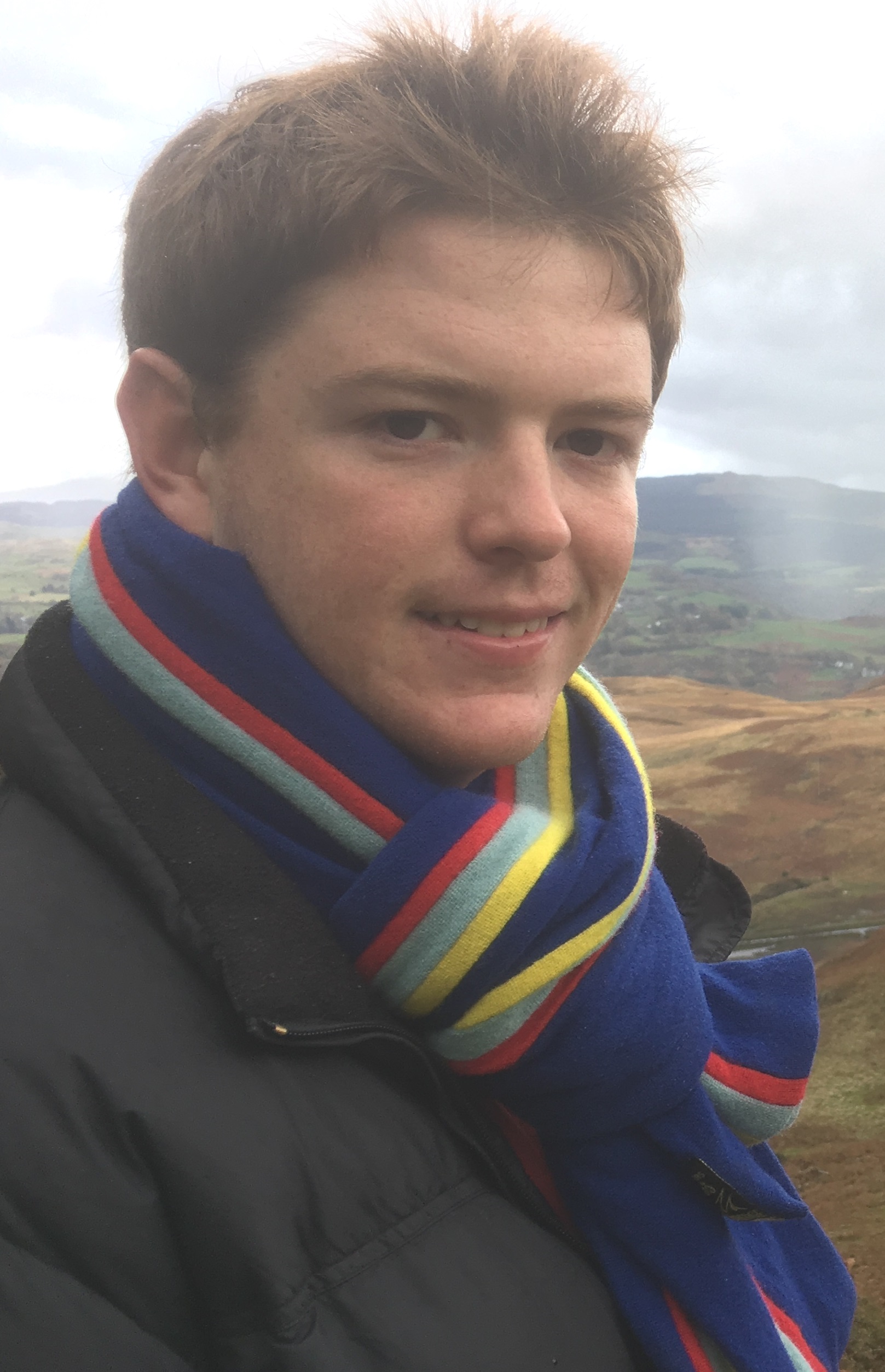
Ben Geytenbeek
- Alumni
- Australia
- 2016 PhD Physics
- Darwin College
I grew up in the Adelaide Hills in South Australia. At high school, I became involved with my local observatory. There, I began to realise my passion for trying to understand the mysteries of the universe; what is the universe made of, and how did it come to be today? As an undergraduate, I studied a Bachelor of Science (Advanced) with Honours, majoring in Physics at the University of Adelaide. In my final year project, I investigated the effect of dark matter in the sun. I have also been passionately involved in initiatives aimed at improving the lives of university students, such as the Adelaide University Sciences Association, and the Australian Government Office of Learning and Teaching.My goal at Cambridge is to help shed more light on the contemporary problems in theoretical physics. In particular, I will be investigating extensions to the Standard Model of particle physics to explain phenomena such as gravity and dark matter. Through experiments like the Large Hadron Collider and astrophysical and cosmological observations, we can probe for new physics that will provide deeper understanding of our universe and drive technological innovation for generations to come. The Gates Cambridge scholarship will enable me to be at the forefront of groundbreaking research such that I can make a valuable contribution to the knowledge of humankind.
Previous Education
University of Exeter
University of Adelaide
Mohammad Ghassemi
- Alumni
- United States
- 2010 MPhil Bioscience Enterprise
- Girton College
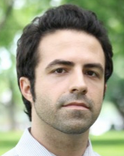
Mohammad Ghassemi
- Alumni
- United States
- 2010 MPhil Bioscience Enterprise
- Girton College
Mohammad Ghassemi is an award winning scholar and entrepreneur. He holds a Ph.D from the Massachusetts Institute of Technology in computer science with a focus on artificial intelligence, and a minor in institutional communications. He is regarded for his work in creating the world's largest open access intensive care database, a wearable A.I. for social coaching and a rapidly growing platform that connects thousands of students for face-to-face meetings at six universities across the US.
Mohammad has over 10 years of experience working in technical and strategic consulting with some of the world's biggest brands (Allstate, Estee Lauder, Thomson Reuters, and Samsung). In prior engagements, he has guided innovation strategy, and built data-driven technologies that leverage AI+'Big Data' to increase customer engagement, improve cost effectiveness, and prioritize innovation opportunities. He was a recipient of the nationally renowned Goldwater scholarship, the internationally renowned Gates-Cambridge award, and several awards from the National Institutes of Health.
For his entrepreneurial accomplishments, he has received awards from, the Sandbox Innovation Foundation, The Legatum Foundation, The Mind Hand Heart Innovation Fund and MassChallenge. He was a finalist in the Bell-Labs Innovation Prize, and a recent winner of the internationally competitive MassChallenge. He holds multiple US Patents, has published a popular book on AI health applications (+150,000 downloads) and has over 20 peer-reviewed papers in several of the most highly respected scientific journals including: Nature Scientific Data, Science Translational Medicine, Proceedings of the IEEE, and the Proceedings of the Association for the Advancement of Artificial Intelligence. His many accomplishments have been featured by the BBC, NPR, The Wall Street Journal and Newsweek.
Previous Education
New Mexico State University Electrical and Computer Engineering 2008
Links
http://ghamut.com
http://ghassemi.xyz
https://www.linkedin.com/in/mohammad-ghassemi-phd-401a843
Sabrina Ghosh
- Scholar
- United States
- 2023 PhD Pharmacology
- Murray Edwards College (New Hall)
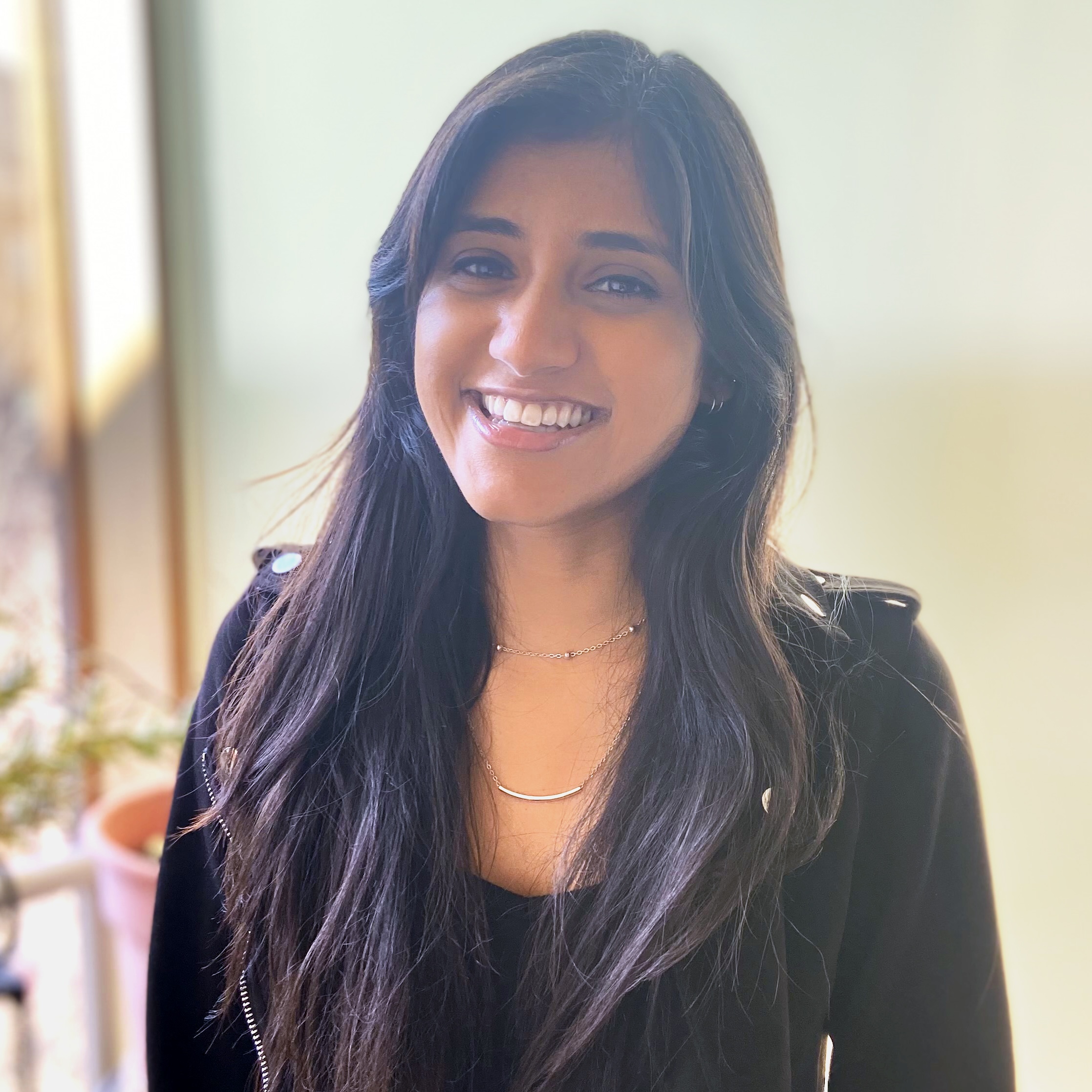
Sabrina Ghosh
- Scholar
- United States
- 2023 PhD Pharmacology
- Murray Edwards College (New Hall)
Claudia Giambartolomei
- Alumni
- Italy
- 2008 MPhil Epidemiology
- Sidney Sussex College
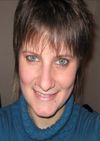
Claudia Giambartolomei
- Alumni
- Italy
- 2008 MPhil Epidemiology
- Sidney Sussex College
For the past two years I worked with the Clinical Genetics Branch of the National Institute of Health. in the Division of Cancer Epidemiology & Genetics. My responsibilities included assisting in the management of data collected from the eight ongoing clinical trials, in order to research new clues to the etiology and prevention of hereditary cancers. I also attended classes and followed seminars offered by the NIH. These experiences influenced my decision to pursue a career in epidemiology. I plan to focus my Master thesis on the molecular and genetic epidemiology of cancer. My hope is to continue research towards a PhD degree at the University of Cambridge, and continue my career within an academic environment.
Allison Giannaros
- Alumni
- United States
- 2015 MPhil Engineerng for Sustainable Dev
- Trinity Hall
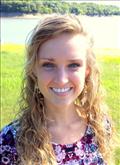
Allison Giannaros
- Alumni
- United States
- 2015 MPhil Engineerng for Sustainable Dev
- Trinity Hall
I am from the Midwest, and have strong family and community ties to rural agriculture and wildlife conservation. The intellectual and personal connections I’ve made within and between my disciplines of industrial engineering, global health studies, and business administration at the University of Iowa have intensified my passion to help people and the environment thrive. My research on alternative cooking technologies in rural India and Cameroon, as well as a spectrum of experiences working as an engineer in the public and private sectors, has made me both more aware of the complexity of my chosen field of sustainable development AND eager to strengthen my own understanding of the scientific, behavioral, and economic forces which shape it. I completed the MPhil in Engineering for Sustainable Development to learn how I can integrate the principles and practices of sustainable development into my work as an engineer. I am thankful to be a Gates Cambridge Scholar alum, and grateful to keep learning from shared lessons and experiences with fellow scholars around the world.
Previous Education
The University of Iowa
Jennifer Gibson
- Alumni
- United States
- 2001 MPhil International Relations
2002 PhD International Relations - Sidney Sussex College

Jennifer Gibson
- Alumni
- United States
- 2001 MPhil International Relations
2002 PhD International Relations - Sidney Sussex College
Linda Gichuyia
- Alumni
- Kenya
- 2011 MPhil Environmental Design in Architecture
2012 PhD Architecture - Hughes Hall

Linda Gichuyia
- Alumni
- Kenya
- 2011 MPhil Environmental Design in Architecture
2012 PhD Architecture - Hughes Hall
My doctoral research focused on climate adaptation and decision-support frameworks for buildings and cities—insights that continue to shape my work today. I am passionate about building more inclusive, data-driven, and climate-resilient cities—and creating platforms where policy, people, and design intersect to shape better futures. Following my time in Cambridge, my professional journey spans academia, public service, and high-level consultancy—shaping national and regional strategies, advising governments and multilateral institutions, and leading complex programs across Africa. I have had the opportunity to advise governments, development partners, and multilateral agencies on sustainable urban transformation, ESG integration, infrastructure strategy as well as sustainable housing and settlements. I thrive at the intersection of strategy, systems thinking, and execution—translating complex challenges into solutions that work on the ground.
Links
Aubrey Gilbert
- Alumni
- United States
- 2001 BAaff Natural Science
- Wolfson College

Aubrey Gilbert
- Alumni
- United States
- 2001 BAaff Natural Science
- Wolfson College
Dehn Gilmore
- Alumni
- United States
- 2002 MPhil European Literature
- Trinity College

Dehn Gilmore
- Alumni
- United States
- 2002 MPhil European Literature
- Trinity College
Margaret Gilroy
- Alumni
- United States
- 2014 Mphil Nuclear Energy
- Churchill College
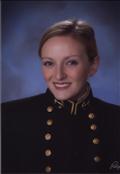
Margaret Gilroy
- Alumni
- United States
- 2014 Mphil Nuclear Energy
- Churchill College
I am honored to be joining the Gates community to study for an MPhil in Nuclear Energy at Cambridge. Nuclear Energy has the potential to serve as a clean, cost-effective baseline source in a diverse, global energy profile. The first steps toward this desirable end state are two-fold: to establish safe, long-term nuclear waste disposal methods, and to garner informed societal support for the responsible use of nuclear energy. At Cambridge, I will focus on these challenges, and consider the safety mechanisms employed by the US Navy's submarine fleet, evaluating their potential for application in the civilian sector. I will then complete a year of technical nuclear power schooling and eventually serve as an officer on nuclear submarines. I hope this unique combination of experiences will allow me to contribute to the nuclear energy technologies and policy that could potentially transform the global energy industry and, subsequently, the world's economic and political landscape.
Daniel Ginzburg
- Scholar
- United States
- 2022 PhD Plant Sciences
- Darwin College

Daniel Ginzburg
- Scholar
- United States
- 2022 PhD Plant Sciences
- Darwin College
As an undergraduate at Northwestern University, I studied Earth sciences to better understand the fundamental processes underpinning the natural environment and how modern society has pushed those processes to the brink of collapse. I learned that one of the greatest sources of unsustainable natural resource consumption is modern agriculture. This was an auspicious realization, as the study of agriculture overlaps with many interesting disciplines from nutrition to environmental sustainability to biotechnology. I therefore decided to study agricultural sciences as a masters student at The Hebrew University of Jerusalem. I researched how light quality influences plant growth and resilience to stress. As a natural progression, I then moved into commercial greenhouse hydroponics where I worked to optimize environmental conditions most suitable for crop growth. I then returned to more academic pursuits at the Carnegie Institution for Science, where I continued to investigate how plants respond to environmental stress. At Cambridge, I study how plants tell time and how the circadian clock helps plants anticipate and adapt to environmental fluctuations. Insights gained from this research will support continued efforts to breed more efficient, productive, and sustainable crops.
Previous Education
Hebrew University of Jerusalem Agricultural Sciences 2018
Northwestern University Earth & Planetary Sciences 2013
Links
Rachel Giraudo
- Alumni
- United States
- 2001 MPhil Archaeology
- Peterhouse

Rachel Giraudo
- Alumni
- United States
- 2001 MPhil Archaeology
- Peterhouse
Emily Gladden
- Alumni
- United States
- 2010 MPhil Criminology
- Clare College
Emily Gladden
- Alumni
- United States
- 2010 MPhil Criminology
- Clare College
During the past two years, I was a paralegal for the federal public defenders in Brooklyn, New York. Working with hundreds of indigent clients charged with a variety of federal crimes, I developed a strong interest in young adult offenders. I plan to focus my future research on juvenile offenders, targeting the underlying factors contributing to crime and ideally working to develop effective interventions to alter their trajectory. I am curious about the British approach to sentencing and rehabilitation, particularly for young offenders. After this year, I plan to attend law school in the United States and become a public defender or alternatively work on reducing recidivism at a nonprofit organization.
Emma Glennon
- Alumni
- United States
- 2016 PhD Veterinary Medicine
- Churchill College
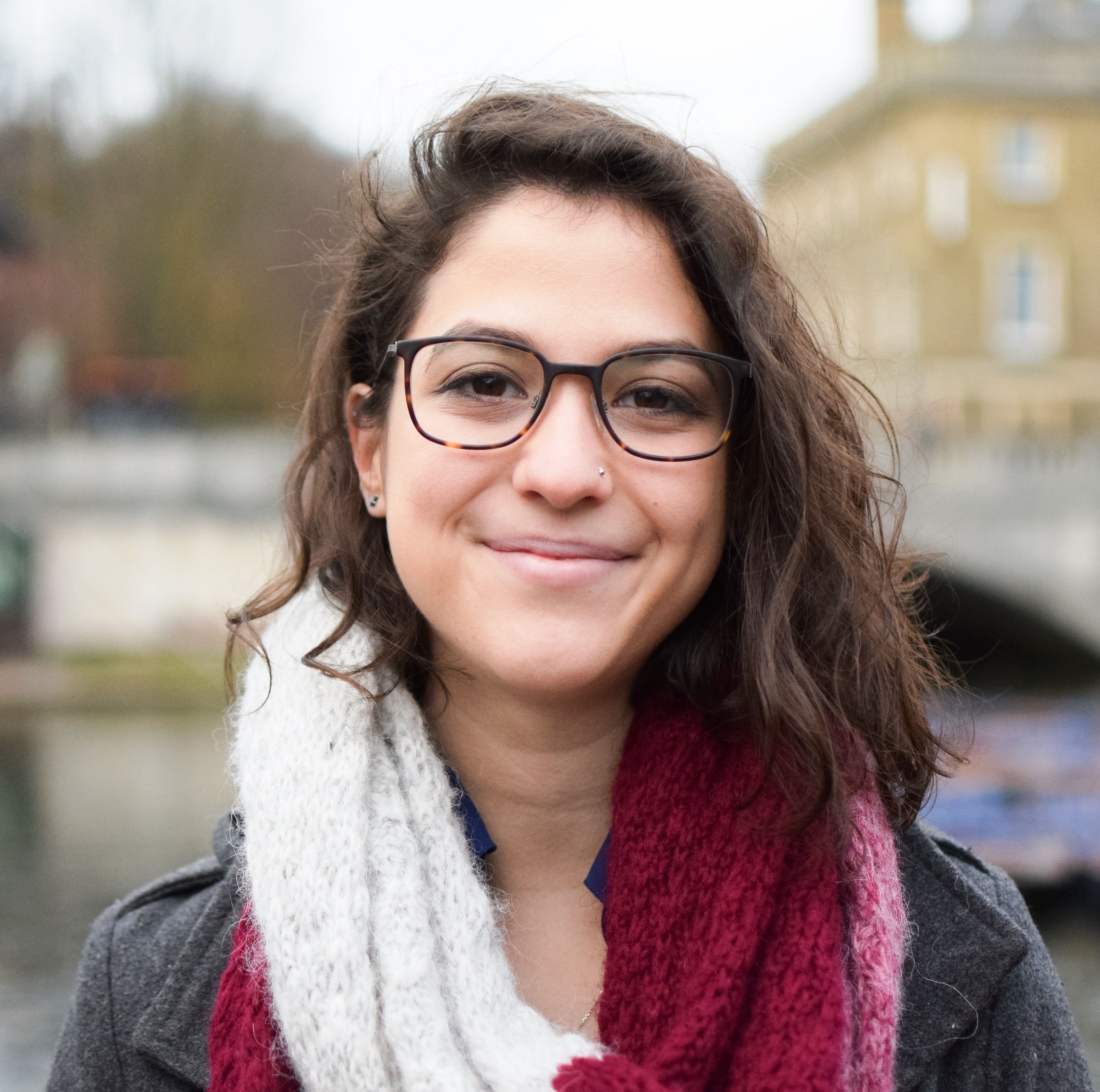
Emma Glennon
- Alumni
- United States
- 2016 PhD Veterinary Medicine
- Churchill College
Jake Glidden
- Alumni
- Australia
- 2016 PhD Physics
- Trinity College
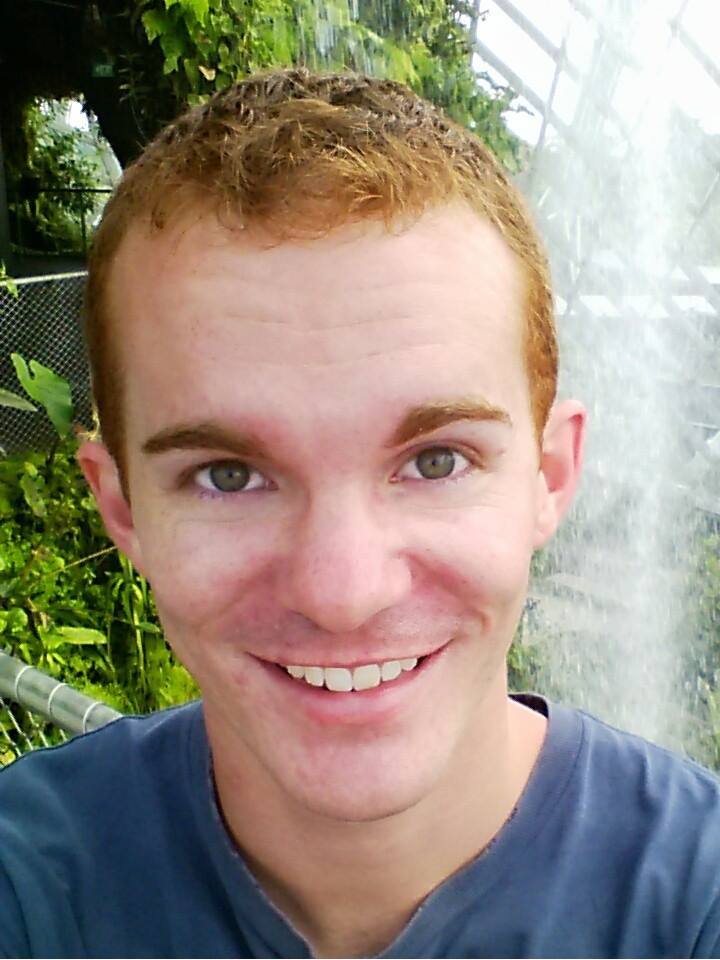
Jake Glidden
- Alumni
- Australia
- 2016 PhD Physics
- Trinity College
My interest in Physics was piqued in 2008, when I was selected to represent Australia at the annual International Physics Olympiad in Hanoi, Vietnam. In 2009, I moved from my home state of Queensland to Canberra, where I studied at the Australian National University. I read for the Bachelor of Philosophy (Hons) [Science] – a flexible, yet demanding undergraduate research programme – and completed several individual research topics during this time. I also participated in an exchange at Universität Bonn, Germany, where I studied Masters-level courses in many-body quantum physics. After returning home to Australia, I completed my research project and was awarded first class honours in Theoretical Physics. My MPhil research at the University of Queensland followed naturally, aiming to prototype an ultra-sensitive rotation detector based on the interference of cold atom condensates. My project for the PhD in Physics sees a slight change of pace to more fundamental physics. I will explore the role of interactions between atoms in the transition from dilute gas vapour through to condensate. Understanding the nuances of these interactions is key to developing sophisticated technologies that could one day supersede laser-based counterparts for inertial and field sensing. I’m delighted to be joining the Gates Cambridge community, and look forward to the challenges and opportunities in store in the years to come.
Previous Education
Australian National University
University of Queensland
Girija Godbole
- Alumni
- India
- 2008 MPhil Environment, Society and Development
2011 PhD Geography - Fitzwilliam College
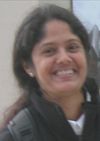
Girija Godbole
- Alumni
- India
- 2008 MPhil Environment, Society and Development
2011 PhD Geography - Fitzwilliam College
I am currently working at the Centre for Policy Studies (CPS) at IIT Bombay. In addition to conducting research and teaching, I also coordinate activities of the Gender and Policy Forum at CPS.
I recently completed Ph.D. at the University of Cambridge under the Gates Cambridge Scholarship. My research sought to understand the impacts of increasing incidence of land sale on a rural society in Pune district. Prior to Ph.D,I did M.Phil. in Environment, Society and Development in Geography Department at University of Cambridge under the Gates Cambridge Scholarship.
Trained in anthropology I have worked in the environment and development sector. I coordinated a DFIF-NRSP research project for University of Cambridge on participatory forest management in Madhya Pradesh. I also worked as a consultant with Winrock India, Tata Institute of Social Sciences, World Resources Institute. I taught short course in anthropology at the Centre for Liberal Arts, Symbiosis College, Pune.
I have been doing voluntary work with a grassroots organisation Jeevan Sanstha, in helping to set up initiative for rural women and children in villages in Maval tehsil of Pune district. I intermittently contribute to the Marathi TV channel News18 Lokmat.
Samantha Godwin
- Alumni
- United States
- 2012 PhD Law
- King's College
Samantha Godwin
- Alumni
- United States
- 2012 PhD Law
- King's College








